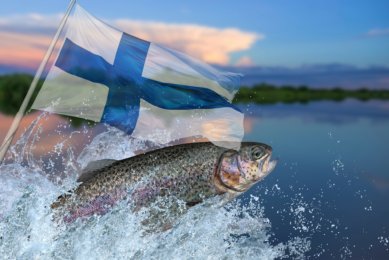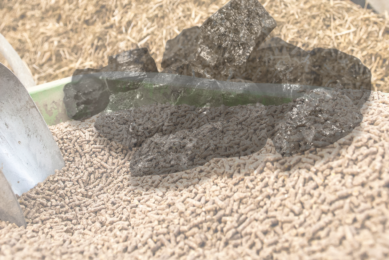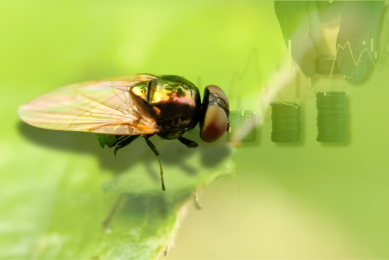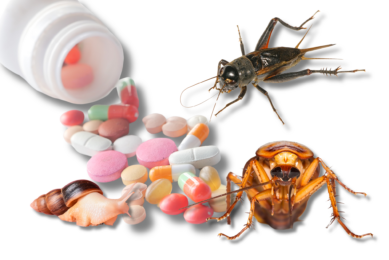Alternative protein sources contribution to sustainability
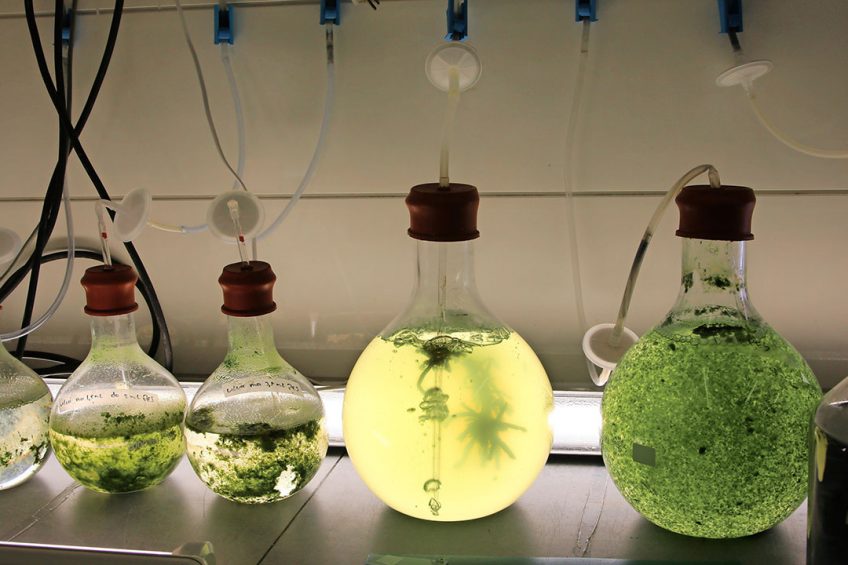
Farmers, feed manufacturers, retailers and consumers are all on the hunt for alternative sources of protein pushing up demand and the imagination to new boundaries.
Many products based on protein plants or insects have already found their way into the supermarkets, but established companies in the food industry and countless start-ups are researching different food concepts based on an unmanageable variety of alternative protein sources. Speaking at the virtual EuroTier exhibition 2 start-up companies delivered some details of their research and the products they bring to the market.
Seaweed as a alternative protein source
First up was Deniz Ficicioglu, the co-founder of Nordic Oceanfruit that develops salads, toppings, burger patties and more based on fresh seaweed. She outlined the benefits of using seaweed citing that it is a zero input crop that doesn’t need arable land, water, fertiliser or pesticides to grow. Deniz said: “In coastal regions fertilisers and pesticides are swept into the ocean from arable land. Seaweed is a wonderful resource that can help with the problem of acidification and also the loss of habitat. The more seaweed is cultivated the more fish will return, a bit like a reforestation of the ocean.” She added that seaweed was a very valuable alternative protein and is a good alternative career for fishermen who are ruining the oceans.
The more seaweed is cultivated the more fish will return, a bit like a reforestation of the ocean.”
“However, one of the problems with seaweed is that we are not quite ready to eat it yet and that is why we looked at demand,” said Deniz. “Seaweed is something that delivers much more than protein such as omega and fatty acids. “There are only 2 types of seaweed harvested in Europe yet there are thousands to choose from. It really has a lot of untapped potential,” she said. Nordic Oceanfruit already has consumer products in 750 different stores.
Regional insect breeding
Thomas Kuhn, one of the founders at FarmInsect, outlined how his company gels well with consumers and agriculture alike. He said his company was formed to try and help with offering more sustainable protein and reduce the reliance on soya from Brazil that leads to the cutting down of the rainforests. Thomas said: “We want to make animal husbandry more sustainable and efficient. For this we use insects and the concepts of the circular economy. The challenges and needs of farmers are the focus of our efforts.
We want to make animal husbandry more sustainable and efficient. For this we use insects and the concepts of the circular economy.”
“With our innovative approach for regional insect breeding, we want to give farmers the prospect of producing their protein feed themselves. Insects have been approved as feed for farm animals in the EU since 2017 and offer the potential to replace the import of soy or fish meal with a regional and sustainable solution. With FarmInsect we make this potential available to the farmer,” he said.
Thomas added that the prices of soy and fishmeal have gone up significantly over the past 20 years, and that by using insects farmers can save up to 20% of their feed costs in the future.
Professor Wilhelm Windisch, Technical University of Munich, added: “The circular economy of agricultural biomass is the key to environmentally friendly and resource-efficient agriculture.
“Insects in particular help us to close regional cycles that would be difficult to reach with conventional farm animals. Insects produce high-quality protein for use as animal feed and food.”




